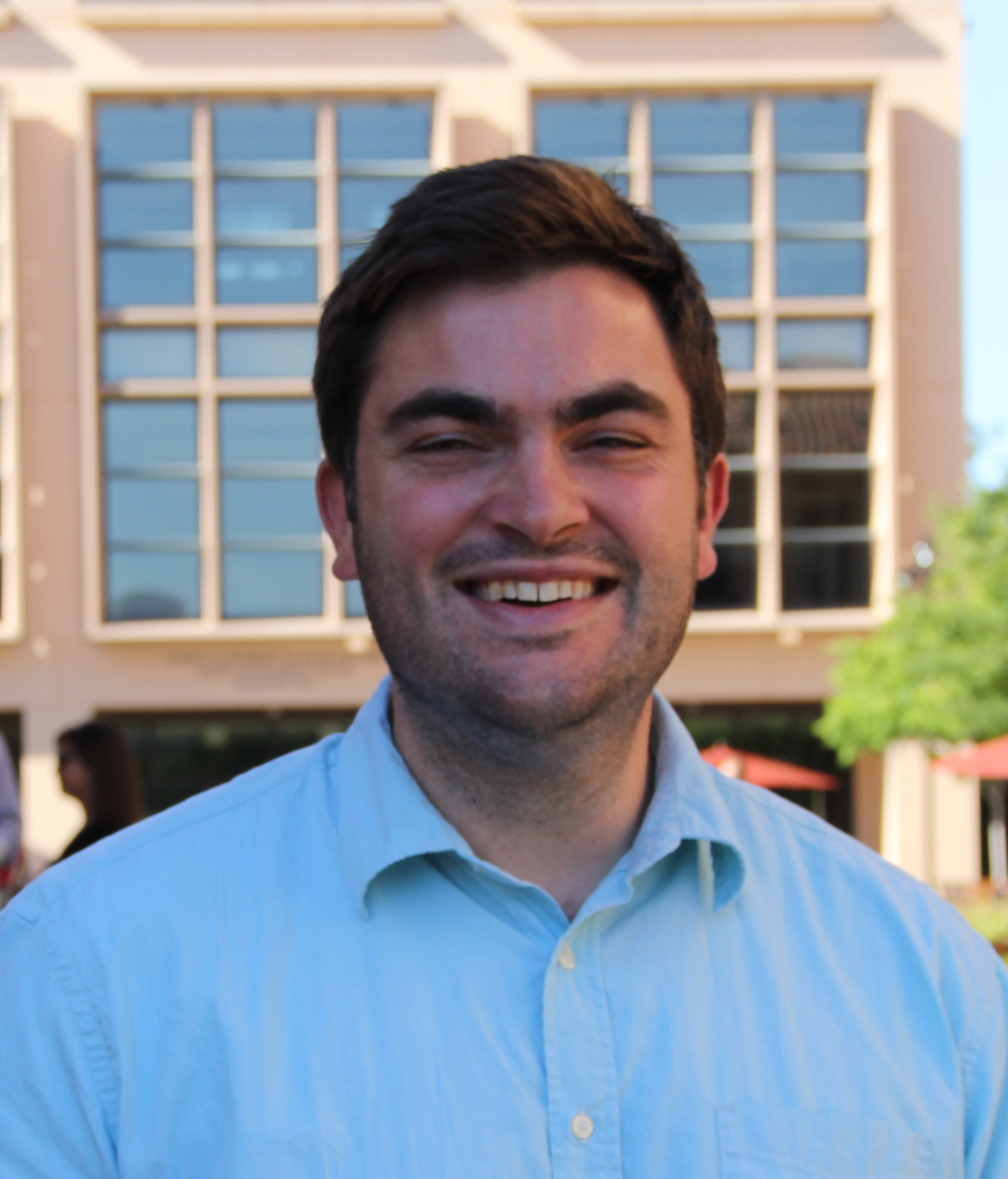Successful Belgian Entrepreneur and Stanford Graduate Worries About His Future in the U.S.
Date: July 1, 2014

Pierre-Jean Cobut, a Belgian entrepreneur who always dreamed of moving to America, was accepted into Stanford Business School in 2012. While at Stanford, he and his Israeli-born classmate Elad Ferber developed a hi-tech wearable fitness device that landed them on a list of “Stanford Business Students Who Are Going to Change the World.” Despite their early success and commitment to building the company in the U.S., the duo worries that their inability to obtain a visa will force them to grow their business elsewhere.
From a young age, Pierre-Jean Cobut felt like he belonged in Silicon Valley. Growing up in a small town in Belgium, he dreamed of moving to America, a place whose rags-to-riches stories of business success inspired him. “Europe is very different when it comes to entrepreneurship,” Cobut explains, “There’s not the same culture of risk taking.” Cobut spent two years of his undergraduate career studying in the U.S. – an experience that he says changed him. He left determined to find a way to return. After receiving his undergraduate degree back home, Cobut worked for several years at the European arm of the U.S. firm Procter & Gamble. He then tried his hand at building a European-based startup. With several partners, he founded Twine, a successful firm that sold energy efficient hand driers. At its height, its product was sold in Belgium, France, and parts of Asia.
In 2012, however, he got the chance to relocate he’d been waiting for. That year, Cobut was accepted to Stanford University’s Graduate School of Business. “I’d wanted to come to Stanford for a long, long time,” Cobut says, “So the whole thing felt like a dream.” Almost immediately after enrolling, Cobut began looking for ways to embark on his next entrepreneurial adventure. In his first quarter in school, Cobut met Elad Ferber, a fellow business school student from Israel who had previously worked as the head of engineering at a space startup. Together, the two vowed to begin a high-impact tech company. In January 2013, they started devoting their hours outside of the classroom to Echo Labs, Inc, a firm they started specializing in wearable fitness technology.
Ferber and Cobut have big ambitions for their company. “We started our company because we felt like a lot of the fitness bands out there were only scratching the surface of what technology could do,” Cobut says. Echo Labs’ wearable device uses noninvasive light technology to measure an athlete’s blood composition, delivering highly detailed information on a person’s level of hydration, their energy reserve, and level of rest. The product uses that information to produce highly specific training recommendations to elite athletes, as well as insight into the best way to tailor a workout so it burns fat or increases endurance for the regular consumer. Their work has already gained a good deal of attention: Last year the pair was featured on a list of “Stanford Business Students Who Are Going to Change the World” in Business Insider, and the company has signed up U.S. Olympic athletes to test and help refine Echo Labs’ product.
But despite their early success, Ferber and Cobut worry about what will happen in the future with their immigration status. “I’d say immigration stresses us both out more than the business itself does,” Cobut says, “At least with the business you feel like you have some degree of control.” Both Cobut and Ferber graduated from Stanford this June and will initially remain in America through a program that allows students to work in the U.S. for one year in a field related to their educational training. They plan is to keep building their business during this time, and they are hiring two engineers this summer. The U.S., however, lacks a dedicated entrepreneurship visa for companies with venture funding. And the H-1B, a visa for high-skilled workers, was the subject of a lottery this year that resulted in more than half of applicants being rejected. Many young startups are also ineligible for the program. “There’s an incredible uncertainty around what will happen,” Cobut says, “and it really hangs over our heads as a business.”
Cobut has had another frustration with the immigration system: Last year he was told he was selected through the visa diversity lottery, a program that allows people from countries with little immigration to the U.S. to apply for green cards. The number he got in the lottery, however, was high enough that he likely won’t be able to actually get a visa after all.
Cobut views the immigration system as a deep flaw in a country he admires so much. “To me, it doesn’t make sense logically speaking that you would have a bunch of truly smart people who want to contribute—want to build a business, create jobs, and pay taxes—and that they would be rejected by the U.S. immigration system,” Cobut says, “The immigration system should really be smarter than that.”
